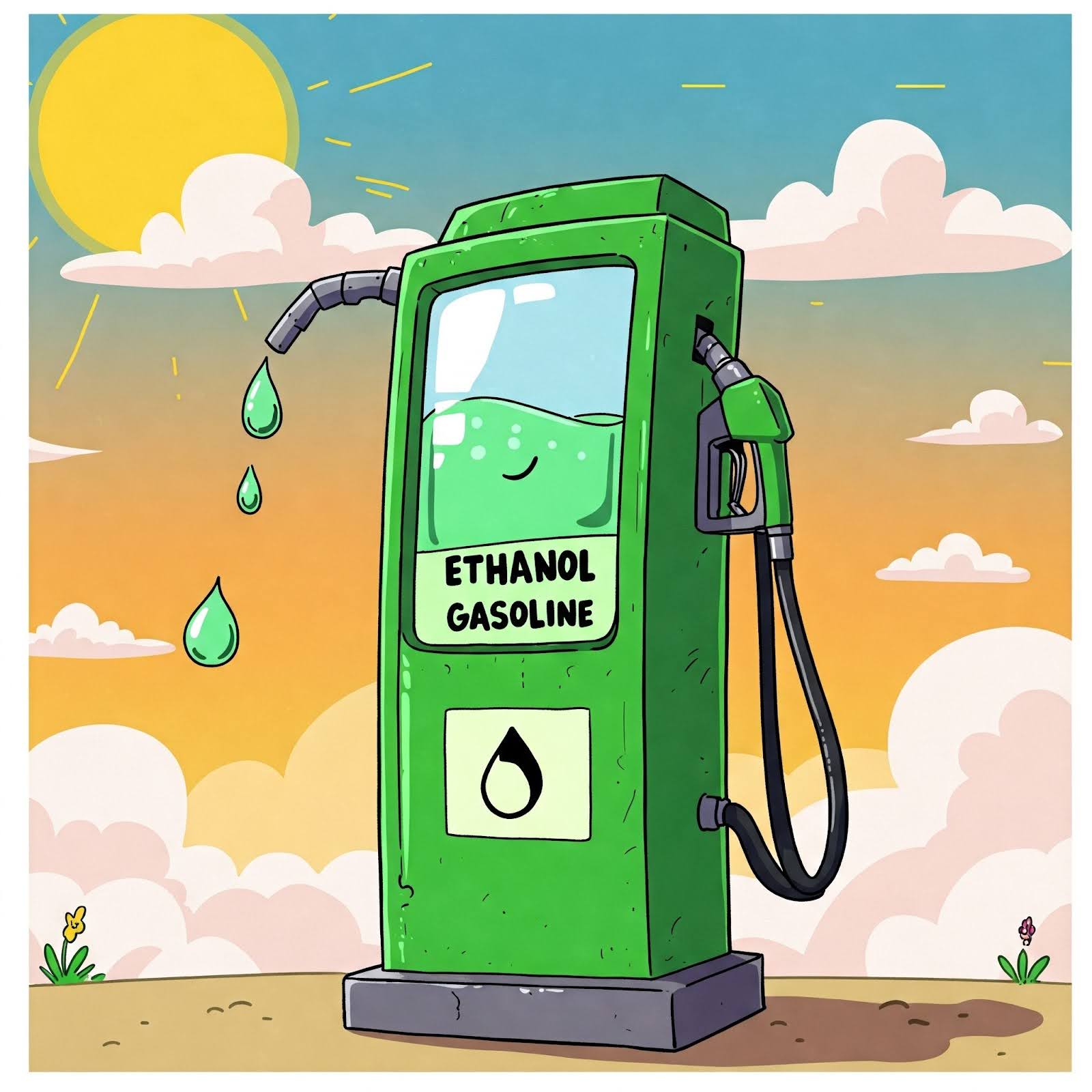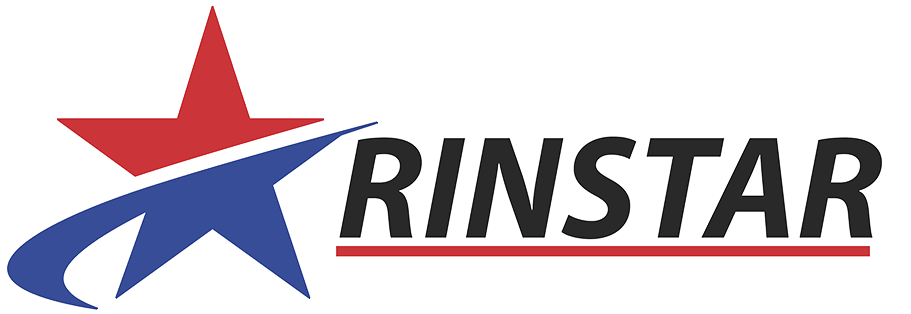The EPA has announced on April 28, 2025 that it will issue emergency fuel waivers for gasoline blends containing 10% (E10) and 15% (E15) ethanol. This decision comes in response to anticipated fuel supply issues due to ongoing global issues, which the agency expects to persist in the near future. The move is aimed at preventing potential fuel shortages and ensuring consumers have consistent access to gasoline.

Effective from May 1, 2025, through May 20, 2025, these waivers will temporarily relax certain regulatory requirements. Specifically, the waivers will allow gasoline containing up to 15% ethanol (E15) to be sold as E10 in designated regions during this period. In response to requests from governors of seven Midwestern states, the EPA has also waived certain provisions that would have imposed stricter standards on E10 gasoline in those states.
By issuing these emergency waivers, the EPA aims to mitigate the impact of the expected supply disruptions on the fuel market. Allowing the sale of E15 under E10 regulations provides fuel suppliers and retailers with greater flexibility in sourcing and distributing gasoline, ultimately helping to ensure an adequate supply for consumers during the waiver period. The EPA has indicated that it may extend this waiver if fuel supply issues persist.
Per Ethanol Producer Magazine, “We welcome the Trump administration’s decision to issue an emergency waiver for E15 this summer,” said Brian Jennings, CEO of ACE. “Once again, this action will help alleviate fuel costs for drivers while reducing tailpipe emissions at a time when both economic and environmental concerns remain top of mind.
“ACE made year-round E15 access a top priority during our DC Fly-In last month, and we’re grateful to our members and Congressional champions who continue to advocate on this issue,” he continued. “Last year, EPA finalized a rule to allow permanent, year-round E15 sales in some Midwest states starting today — thanks to strong leadership from state governors and persistent grassroots pressure from our industry.
“Nevertheless, emergency waivers and a patchwork of state-specific rules are a temporary remedy, and we badly need a permanent fix to allow E15 year-round on a nationwide basis,” Jennings added.
At RINSTAR, we’ve been closely monitoring developments in the Renewable Fuel Standard (RFS) for over 15 years. We’re dedicated to helping you stay informed about key updates and policy changes. To stay up to date, we encourage you to sign up for our newsletter and check out our other blog posts.
